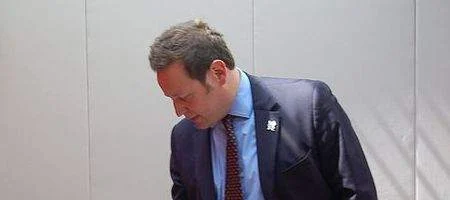The UK would abolish net neutrality, under proposals put forward by communications minister Ed Vaizey yesterday.

He said ISPs should be free to develop their own business models, allowing them to operate a two-tier pricing system and allow extra charges for ‘fast-lane’ connection.
“Under the new provisions providers must present information about their service, including the nature and extent of their traffic management policies and their impact on service quality in a clear, visible and easy to understand form for all their customers,” Vaizey said at a telecoms conference hosted by the Financial Times.
He said users could choose whether to pay for faster service.But his comments were slated by consumer protection groups.
“The internet should allow unfettered access to all legal content. Allowing internet providers to prioritise access to some websites over others will create a worldwide web where big bully-boy companies rule, pushing out smaller websites and restricting consumers’ choice,” says Robert Hammond, Head of Post and Digital Communications at Consumer Focus.
“All voices should be heard equally on the net. Suggesting, as the Government does, that consumers can navigate round the restrictions placed upon their internet use by choosing between providers is wishful thinking at best. Any information on how internet providers prioritise different websites will be technical gobbledygook hidden away, and in reality will not help consumers to make informed choices.”
Jom Killock of Open Rights Group suggests that, unlike in the US, there is a degree of collusion going on between the government and the industry. This, he says, makes it more likely that there will be abuse.
“Walled gardens can easily work to further segment and control markets, and tip the balance against innovation, towards established copyright industry players,” he says. “By doing so, they can limit the access of different voices to audiences, and limit the power of our freedom of speech.”






